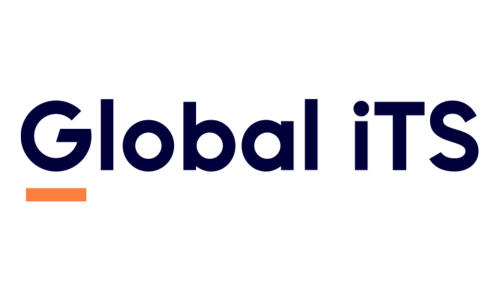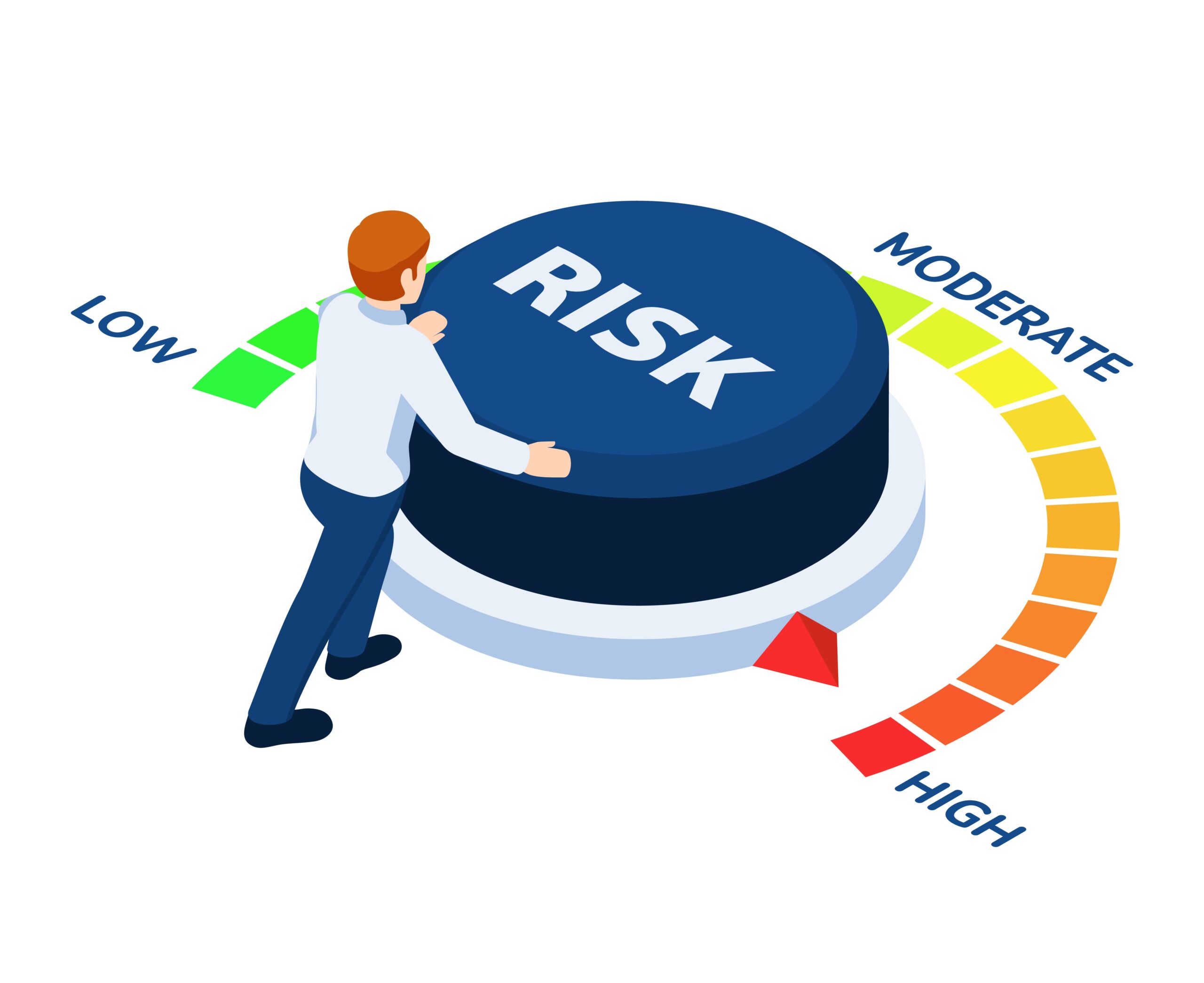Risk assessment audits are vital for strong risk management. They systematically evaluate an organization’s risk profile. These audits help find weaknesses. They assess their impact. They also guide mitigation efforts. This proactive approach is key for long-term success.
What Exactly is a Risk Assessment Audit?
A risk assessment audit is a structured process. It involves several critical steps:
- Risk Identification: First, it pinpoints potential risks. These are threats that could harm the organization. This could include financial, operational, or strategic risks. Learn more about types of business risks.
- Risk Analysis: Next, the audit evaluates each risk. It assesses its severity and likelihood of occurring.
- Risk Evaluation: This step determines the overall risk level. It also prioritizes risks based on their potential impact and probability.
- Risk Treatment: Following evaluation, strategies are developed. These aim to mitigate or eliminate identified risks. This might involve implementing new controls or transferring risk.
- Risk Monitoring and Review: Finally, risks are continuously tracked and reviewed. This ensures the effectiveness of mitigation strategies. It’s an ongoing cycle of improvement.
The Benefits of Strategic Risk Assessment Audits
Conducting regular risk assessment audits offers significant advantages for any organization:
- Enhanced Decision-Making: They provide clear risk insights. This allows for more informed and strategic decisions.
- Improved Risk Management: Audits ensure effective implementation of risk mitigation plans. This strengthens the overall risk framework.
- Reduced Losses: By identifying and addressing threats early, financial and operational losses are minimized. This protects the bottom line.
- Enhanced Reputation: Proactive risk management safeguards the organization’s brand. It builds trust and maintains a positive public image.
- Regulatory Compliance: Adherence to industry regulations and standards is ensured. This avoids penalties and legal issues. Explore more on corporate compliance.
Key Elements for a Successful Risk Assessment Audit
A successful risk assessment audit relies on several crucial elements:
- Clear Objectives: Define the audit’s scope and purpose precisely. What do you want to achieve?
- Experienced Auditors: Engage qualified professionals. They should have deep expertise in risk management and auditing.
- Robust Methodology: Employ a systematic and rigorous audit methodology. This ensures consistency and thoroughness.
- Effective Communication: Maintain open and transparent communication. This involves all stakeholders throughout the audit process.
- Data-Driven Insights: Use data analytics. This helps identify trends, patterns, and emerging risks.
- Continuous Improvement: Regularly review and refine the risk assessment process itself. This ensures its ongoing effectiveness.
Conclusion: Building Resilience Through Proactive Auditing
In conclusion, risk assessment audits are indispensable. They allow organizations to proactively identify and address potential threats. By embedding these audits into their core strategy, businesses can protect their assets, maintain their reputation, and ensure regulatory adherence. This comprehensive approach to understanding and mitigating risk is not just about avoiding failure; it’s about building a more resilient, adaptable, and ultimately, successful organization for the long term. Embrace the power of the Foresight Framework to unlock your organization’s full potential.
END
About Global iTS
Global Information Technology Solutions (Global iTS) is a leading IT company focused on empowering businesses through solutions built on their expertise and partnership with Microsoft Dynamics 365. They specialize in the BFSI sector, with a broad client base in the Financial Services, Insurance, and Investment industries, helping them optimize operations through digital transformation. Global iTS offers comprehensive, industry-specific services tailored to each company’s unique needs. Their commitment is to become the world’s most trusted technology partner for businesses.
Global iTS is Microsoft Dynamics 365 partner and has 11 offices globally, located in Bahrain, Saudi Arabia, UAE, Kuwait, Qatar, Oman, United Kingdom, Jordan, India, Pakistan and Singapore.






